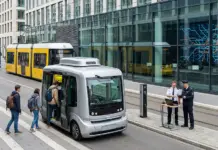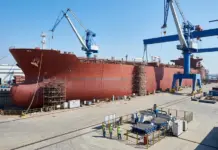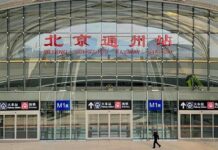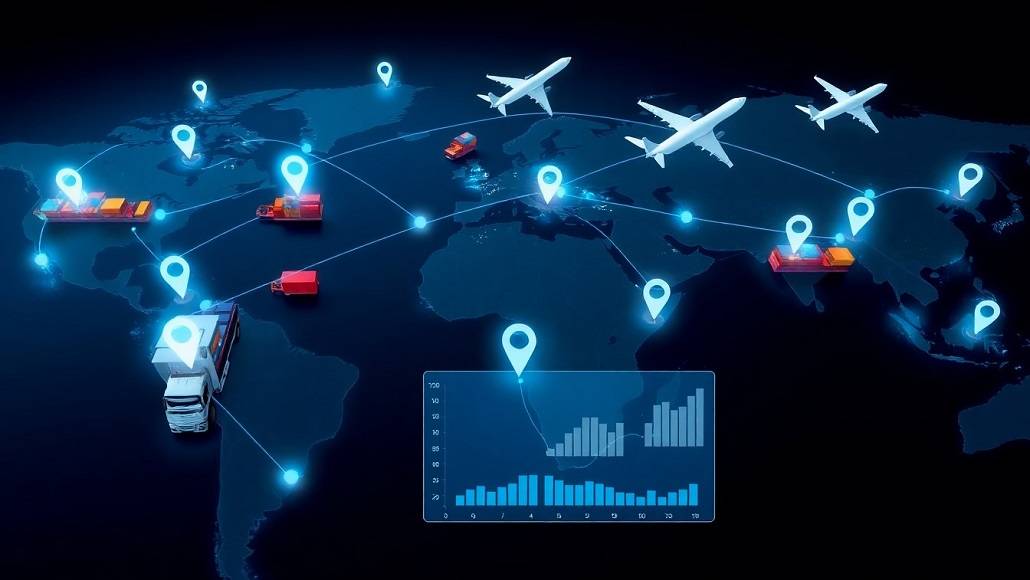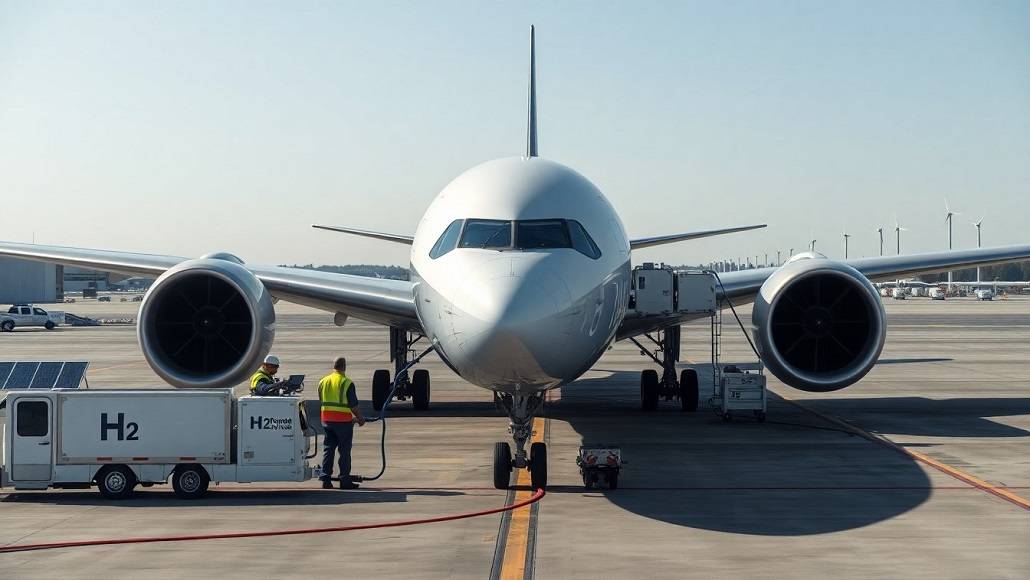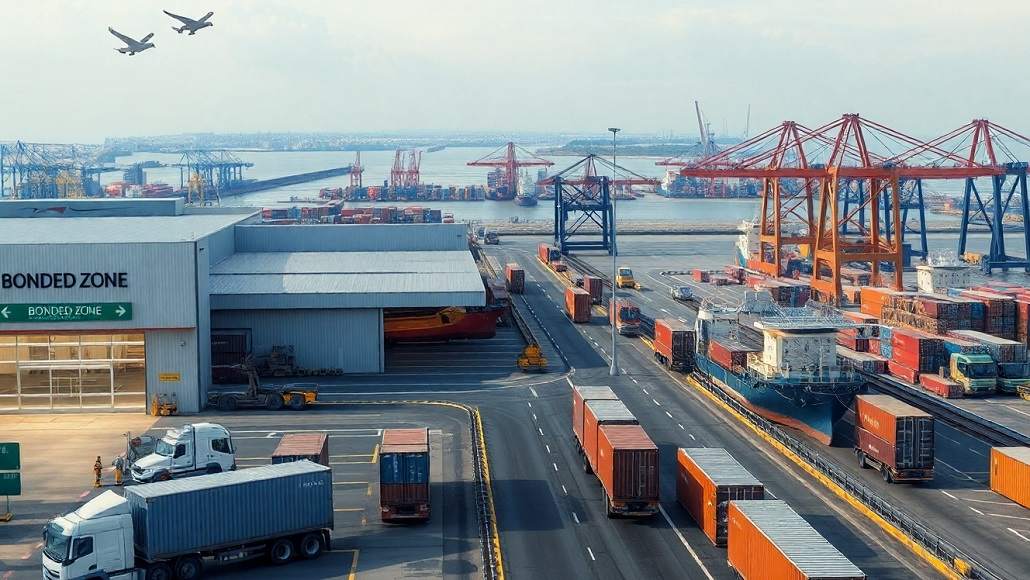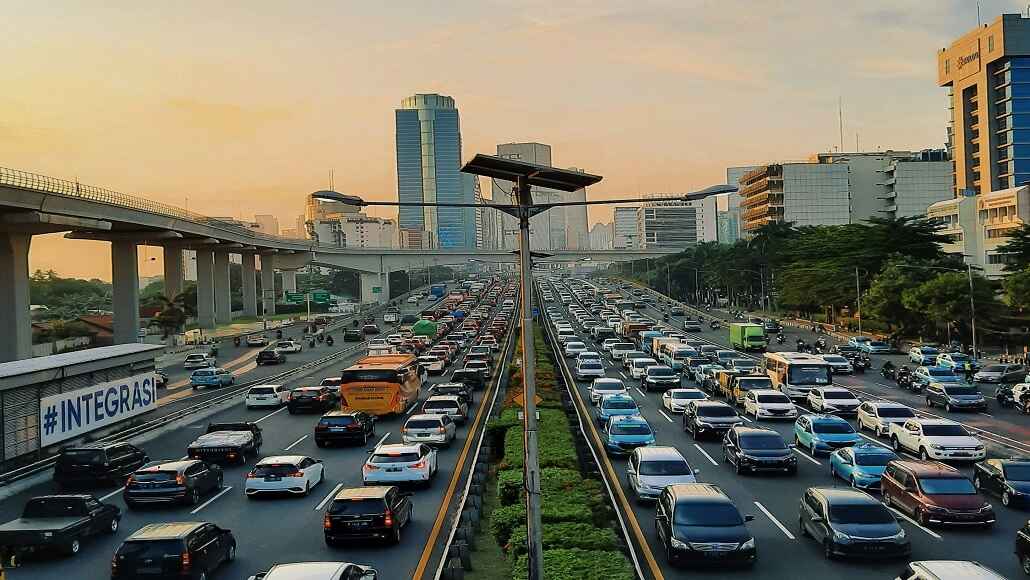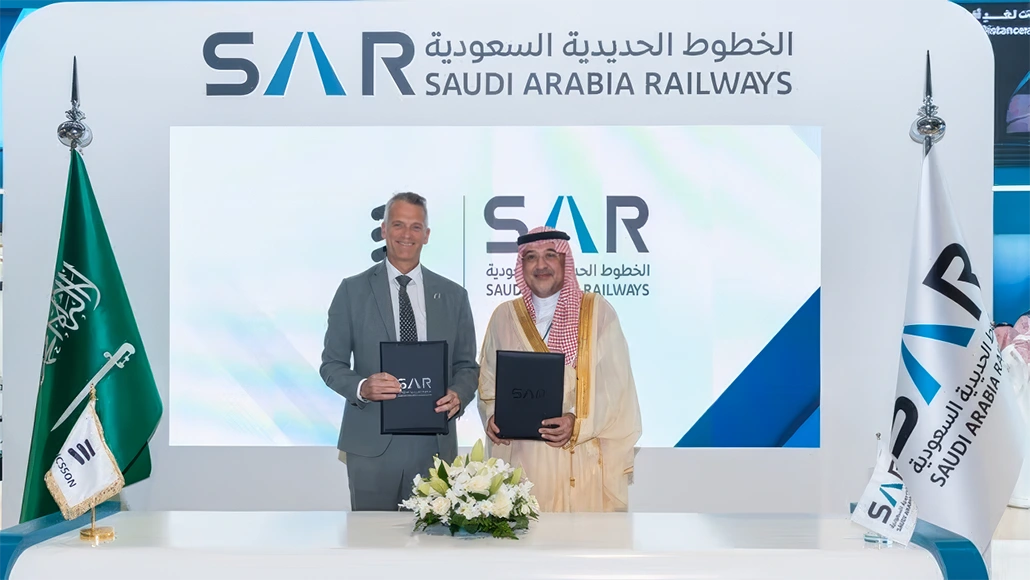Ericsson and Saudi Railway Company (SAR) have signed a Memorandum of Understanding (MoU) to advance rail operations in Saudi Arabia through 5G technology. The collaboration aims to modernize communication systems and improve how passengers experience rail travel. It also seeks to drive digital growth across the wider transport sector. The initiative supports the National Transport and Logistics Strategy under Saudi Vision 2030 and focuses on deploying next-generation 5G infrastructure to strengthen the reliability and connectivity of the Kingdom’s rail network.
Under the MoU, Ericsson will bring its expertise in 5G and Future Railway Mobile Communication Systems (FRMCS) to provide the required infrastructure, technical solutions, and ongoing support for the project. The collaboration between Ericsson and SAR is intended to lay a stronger foundation for advanced and efficient railway communication systems. Both companies will deploy mission-critical 5G networks to deliver secure, uninterrupted communications and smoother rail performance. They will also test FRMCS-based applications and high-speed broadband for passengers, such as “Gigabit train” services.
The collaboration also covers plans for a test lab or innovation center to trial 5G applications in real rail conditions. Training programs will be launched to help SAR staff strengthen their skills in FRMCS and 5G technologies. Ericsson’s 5G systems will be tested on one of SAR’s active rail lines to gauge how they perform in real-world conditions. The pilot phase will cover several functions. These include train control, internal staff communications, real-time video transmission, and onboard Internet of Things (IoT) connectivity.
The Ericsson and SAR agreement marks an important step in the rail sector’s move toward 5G adoption. Ericsson contributes its technical expertise, while SAR offers practical, on-the-ground operational insight. Together, they aim to develop a rail network that is smarter, more connected, and highly efficient. The partnership also reinforces Saudi Arabia’s wider push toward digital transformation and continued infrastructure development.



